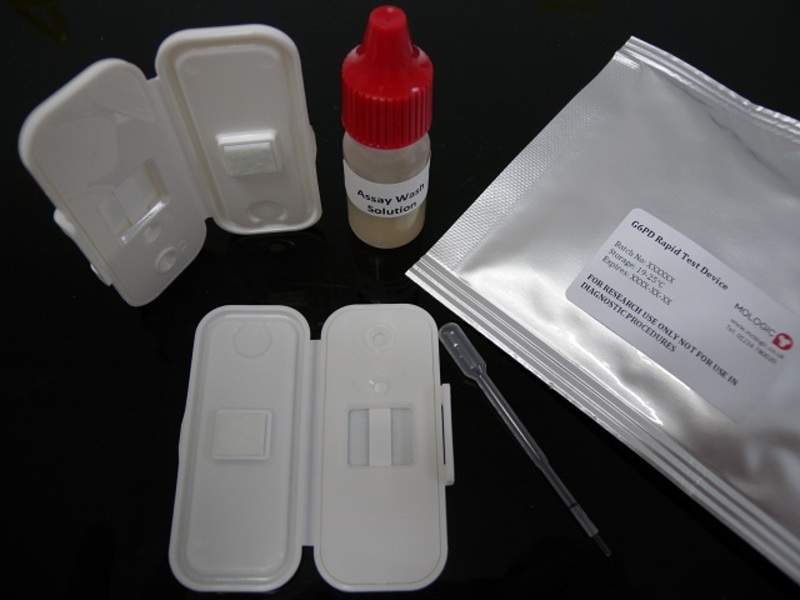
Non-profit organisation PATH has signed an agreement with UK-based diagnostics firm Mologic to accelerate the development of a new rapid diagnostic test (RDT) for glucose-6-phosphate dehydrogenase (G6PD) deficiency.
The test is intended to expand the existing diagnostic options required to help in treating malarial infection, as well as eliminating its causative organism, Plasmodium vivax. Vivax is difficult to eliminate as it can be dormant in the liver and re-emerge, leading to disease relapse. It can also become contagious through mosquitoes.

Discover B2B Marketing That Performs
Combine business intelligence and editorial excellence to reach engaged professionals across 36 leading media platforms.
While the parasite can only be treated with 8-aminoquinolines, these drugs are said to result in serious side effects in patients having a severe G6PD deficiency.
The partners are focusing on a qualitative point-of-care test for G6PD deficiency in order to support the necessary use of the primaquine drugs.
PATH scientific director and malaria diagnostics lead Dr Gonzalo Domingo said: “This test will be a significant addition to the G6PD testing options available to healthcare providers to inform case management of patients with P. vivax malaria.
“It will help to fill critical gaps in G6PD testing experienced by elimination programmes, and will complement quantitative tests for G6PD deficiency being advanced by PATH and partners.”

US Tariffs are shifting - will you react or anticipate?
Don’t let policy changes catch you off guard. Stay proactive with real-time data and expert analysis.
By GlobalDataThe Mologic RDT is optimised for use in environmental conditions that are typical to malaria-endemic countries, meaning it can be employed at community level, where the disease is common.
Furthermore, results delivered by this simple and affordable test can be easily interpreted by users.
The first product variant is set to be marketed next year, with PATH supporting commercialisation and key regulatory approval activities being carried out by Mologic.





